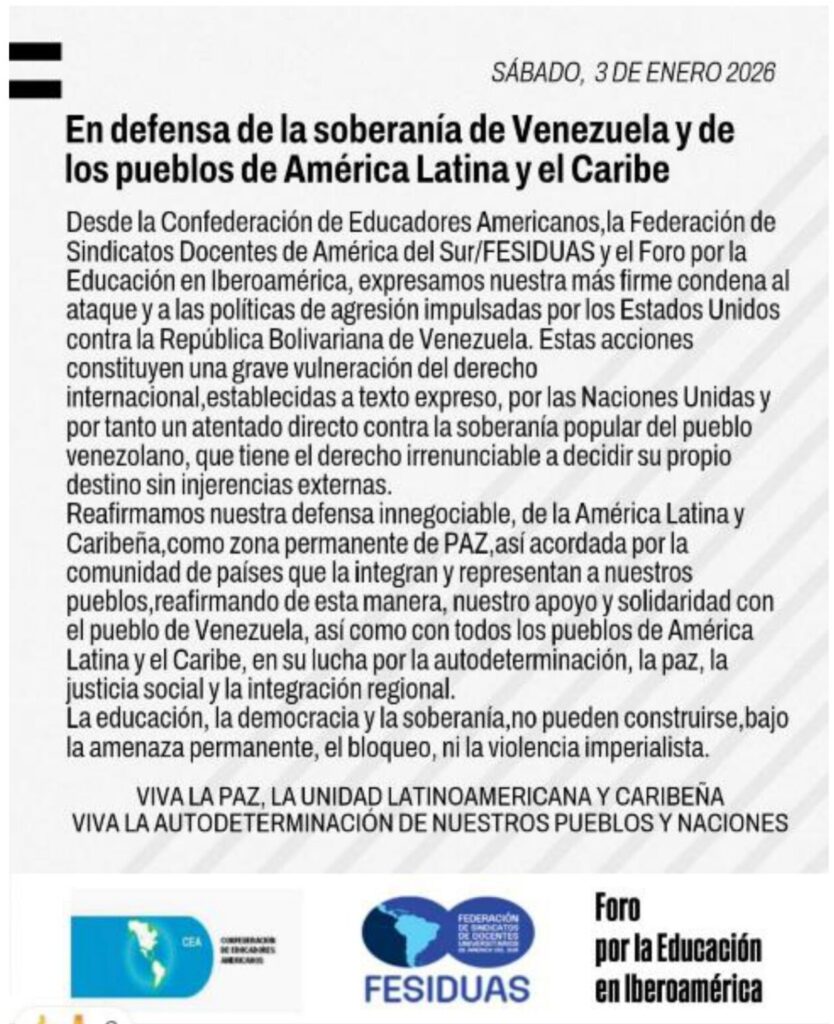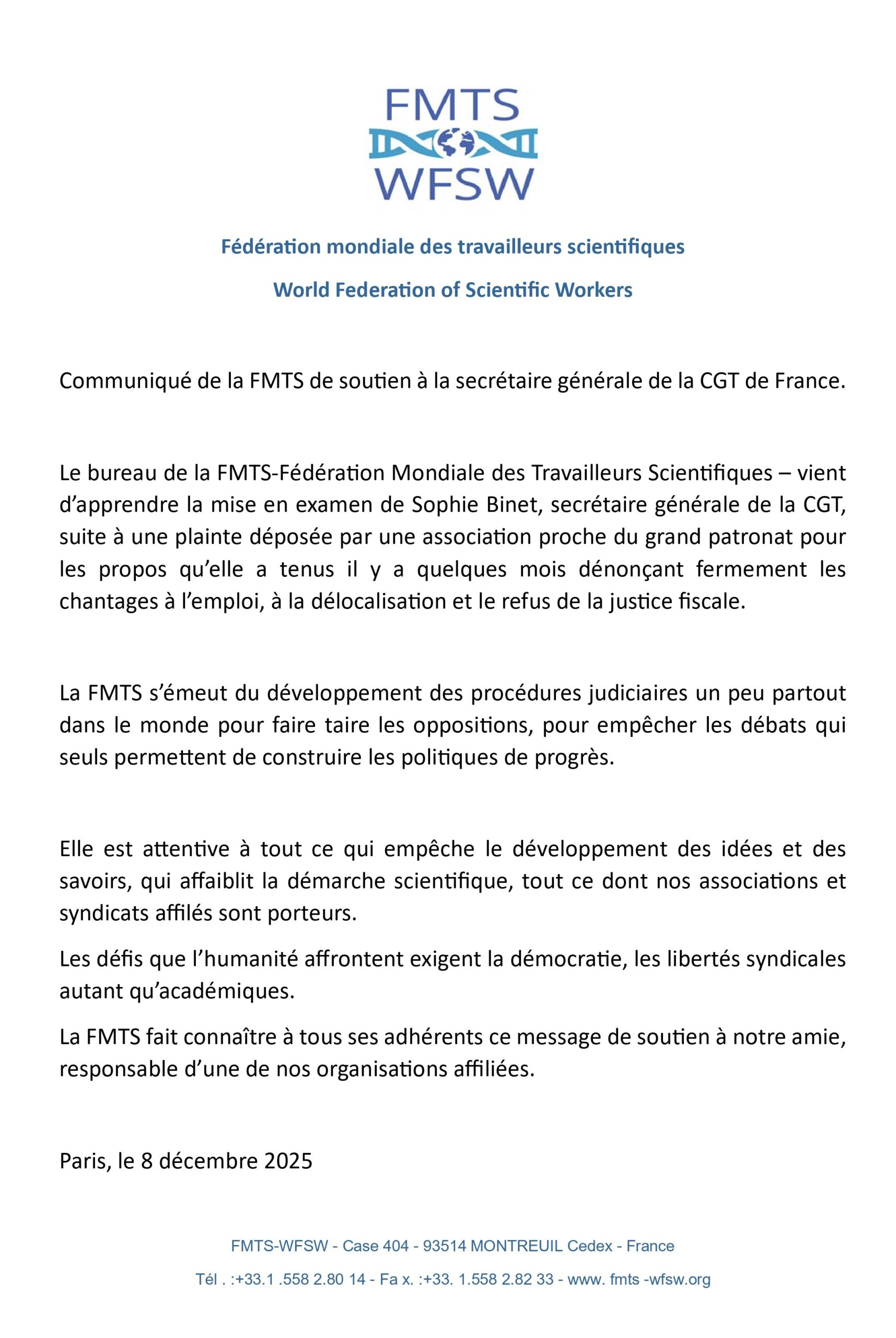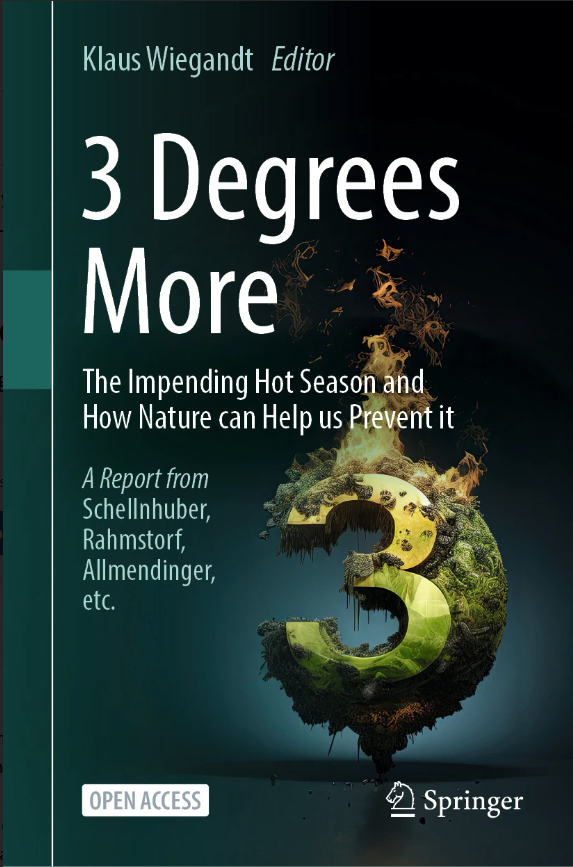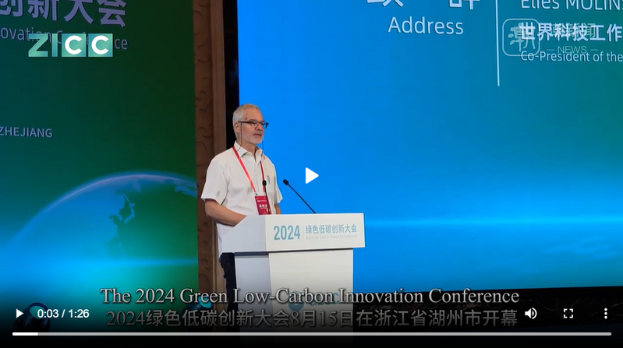For scientific ethics in view of Globalisation
The concept of globalisation has pervaded all aspects of economic and social life, including scientific life. It has now become impossible for scientific researchers and workers to remain the idle audience of an evolution that will affect their future.
We know, better than many, that world-wide scientific co-operation is a vital necessity. Yet, most States declare that their scientific policies should be oriented towards national economic needs. What are these needs? Do they merely consist in increasing the competitiveness of national economies or, worse still, of transnational companies? Should it consequently be conceded that the purpose of scientific research is to serve economic warfare?
We reject categorically such a pseudo-global conception of our profession, of our role in society, of globalisation. Any type of scientific policy should be evaluated according to its contribution to the sustainable development of humankind and its natural environment.
This does not only concern scientists but all those who play a role in outlining research policies, planning, funding and implementation. Whether funding comes from a State, a foundation, venture capital or a transnational company, the value of any project should be weighed according to the objective that is actually pursued, directly or indirectly, consciously or unconsciously.
Whenever a research team makes a fundamental discovery thanks to such funding, it would be incorrect to say that this discovery “has led to” various implementations, whether good or bad. On the contrary, one wonders whether the real cause of a particular discovery does not lie in the social and/or financial motives of its funding agencies. From this standpoint, we do not think it possible to make a distinction between fundamental (sometimes called “pure”) science and applied science. In terms of social and ethical responsibility, all scientific researchers and workers have the same obligations.
However, some serious questions remain. Should moral or ethical considerations have an influence on the way in which a research programme is funded, even authorised? How do we see research freedom, necessary to scientific creativity? As scientific workers, we do not think that good and evil are abstract notions. They express a choice made by the world-wide community of men and women with regards to their future and that of generations to come. In other words, they express our commitment to sustainable development.
We adhere to the statement made by Federico MAYOR, UNESCO Director General: “We see a very dangerous concentration, at a global level, of wealth and power in fewer hands. This entails the widening of misery, frustration, radicalisation, violence. These are dangerous trends. In our rapidly changing world, it is therefore essential that decision-makers face up to complexity […]. The recognition of diversity is a very important role of the scientific community. ‘Globalisation’ and the pressure it puts on governments to follow market-driven, competitive, profit-oriented policies, in science as in other areas, can work against globality” (Washington, 25th June 1998, 150th anniversary of the American Association for the Advancement of Science).
Too often, politicians endeavour to present their opinions and decisions as the result of scientific options. In major international debates on the future of the planet and human society, citizens should not be led to believe that we, as scientists, can decide their future in their place, thanks to wonderful equations. We do not deny the role of experts sometimes given to scientists, but today, the exercise of that role implies extremely rigorous standards, determined and updated through public and democratic debate. To be sustainable, any type of development must result from the well-informed opinion of all the planet’s inhabitants.
In political decision-making as well as in public debate, we are also citizens. Naturally, we are aware of the fact that our responsibility is manifold, for whilst participating as citizens in public debate and political decision-making, we are also required to inform public opinion and decision-makers on scientific and technical realities.
That is why we mean to play entirely our role as citizens, not only in the debate on what sustainable development could be, on the role that science can play in this area. But we also mean to act so that society commits itself knowingly in that direction. That is our concept of scientific ethics.
If we accept poverty, under-development and their consequences on public health, as well as the waste of natural resources, should it not then be concluded that we also accept choices in scientific knowledge (hence in scientific research programs) that ignore poverty, under-development, the waste of natural resources but accept, for instance, the priority of research on human cloning over malaria research?
We condemn those who prevent the release of carbon dioxide and other greenhouse gases into the atmosphere from being reduced. We know that one day, overtaken by panic in view of the evidence of climatic change, governments will have to come to an agreement and force lobbies hostile to this reduction to comply with their decisions. Research should continue on the elimination of energy waste, the diversification of energy sources, the solution of problems specific to nuclear energy: waste, safety, proliferation.
The many scientists who were involved in activities against the use of nuclear energy to manufacture weapons gave us a historical model of scientific ethics.
Far from remaining cloistered in the false debate as to whether “science” or “research” are neutral or not with regards to their implementation, we mean to show that scientists are not idle in view of the formidable development opportunities offered by science.
We call upon our colleagues world-wide to commit themselves to the foregoing objectives.




